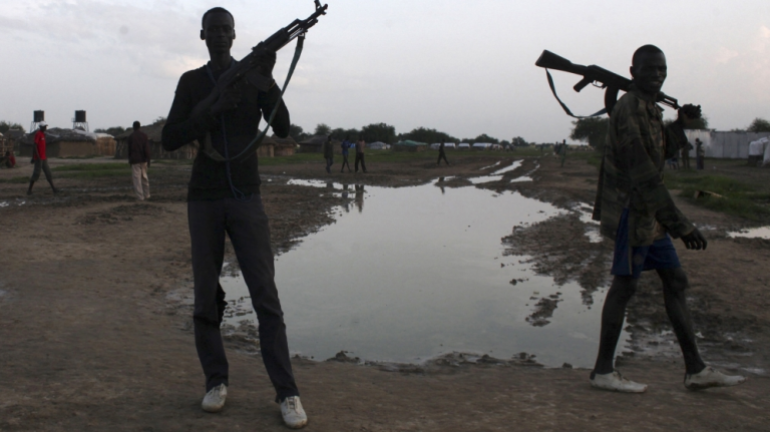Violence and insecurity could worsen in South Sudan after one of its key oil pipelines to international markets, which passes through neighbouring Sudan, was damaged last month, according to experts.
The incident occurred in early February in Sudan’s White Nile state, prompting the Dar Petroleum Oil Company to suspend loadings.
The rupture happened in an area controlled by Sudan’s paramilitary Rapid Support Forces, which is fighting the Sudanese army for power in the country.
A team of technical experts has been unable to fix the pipeline due to ongoing fighting, raising fears that South Sudan’s political economy could collapse.
“The pipeline accounts for two-thirds or three-quarters of oil revenues. Unless [South Sudan] is able to get the pipeline working again, it will be a massive pull on South Sudan’s budget,” said Alan Boswell, an expert on South Sudan for International Crisis Group, a non-profit dedicated to conflict resolution.
Overall, oil is responsible for about 90 percent of the country’s revenue, according to a 2022 World Bank report.
Little to none of the oil proceeds go towards the national budget, the International Crisis Group says, with some 60 percent of production diverted by the oil companies as their share, and most of the rest paid to Sudan as part of the settlement reached upon independence, settling old debts, or into “special projects” overseen by the office of President Salva Kiir, which has been accused of corruption and diverting these funds.
A disruption to this payment structure could cause a great deal of upset and accelerate the depreciation of the local currency, leading to more poverty, violence and lawlessness, experts told Al Jazeera.



